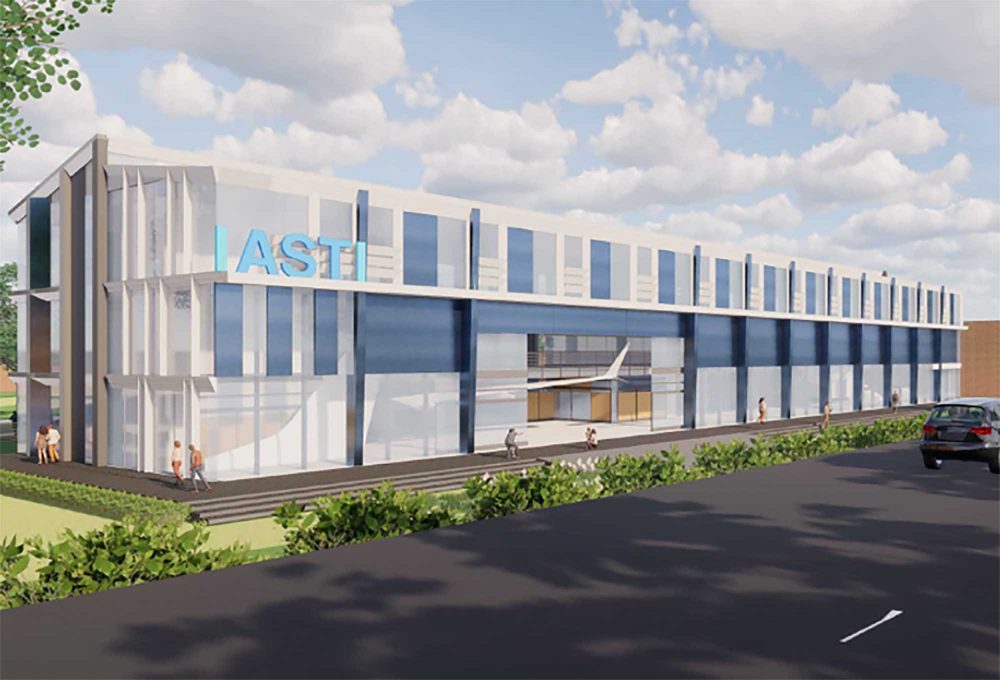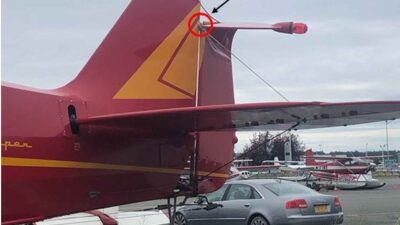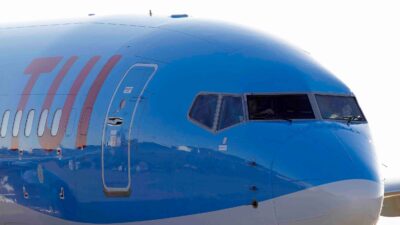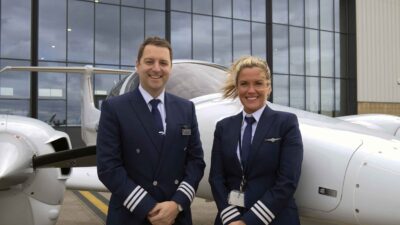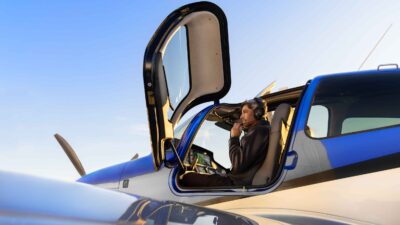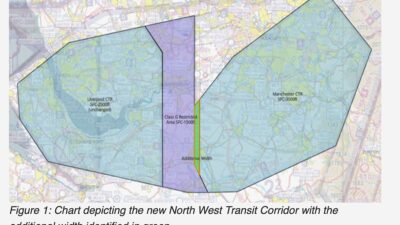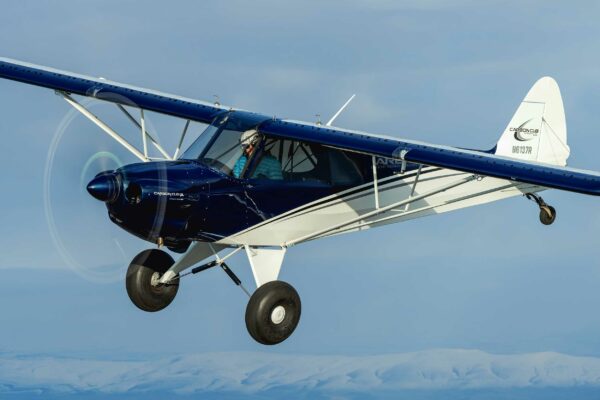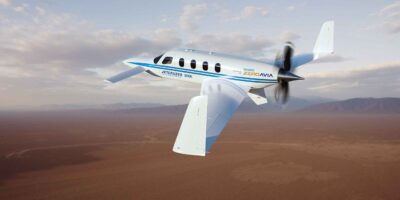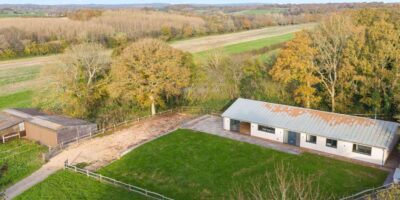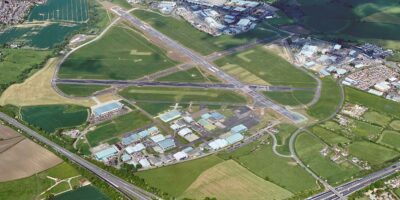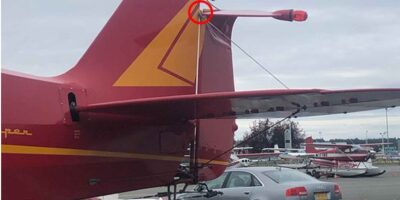A bold plan to create the UK’s first International Air and Space Institute to train pilots, future astronauts, engineers and ground staff, has been put forward for Newark in Nottinghamshire.
Lincoln College Group (LCG) is leading a collaborative skills bid for a share of the £3.6 billion Government Towns Fund which will allow the national training facility to be built.
They aim to produce the next generation of aviation professionals, providing a ‘talent pipeline’ for civil airlines and aerospace operators.
The Institute will be located in the centre of Newark, with easy access to the A1 and A46 which give direct routes to London, Scotland, Lincoln, Leicester and Nottingham. Two rail stations – Newark North Gate and Newark Castle – are also nearby. It will also boost the local and regional economy, bringing students in from across the UK to study higher qualifications and degree-level courses.
Lincoln College Group CEO Gary Headland said, “Our mission is to be employer-led, producing a highly skilled and productive local workforce.
“This initiative sees bespoke programmes co-designed by the industry’s best to provide a sustainable talent pipeline. It focuses on the provision of clear vocational pathways that will create lucrative, secure careers for young people.
“We want to open up aviation careers to everyone, regardless of background. Diversity, social mobility and equal opportunities are key features and pivotal to the success of the project.”
The initiative is being led by LCG supported by Aviation 360, a UK-based independent aviation advisory and consultancy organisation, in co-operation with ENGAP UK, a new Community Interest Company.
Michelle Merry, Aviation 360’s regional director said, “Despite the current and expected short-term effects of Covid-19, aviation is still a growth industry and training is a long-term investment. We aim to identify young people who are serious about a career in aviation at an early age so we can work with our partners to train them and provide a pipeline of fully skilled pilots, engineers and ground staff.”
The project is on track to enrol its first students in September 2021.
Lincoln College Group


